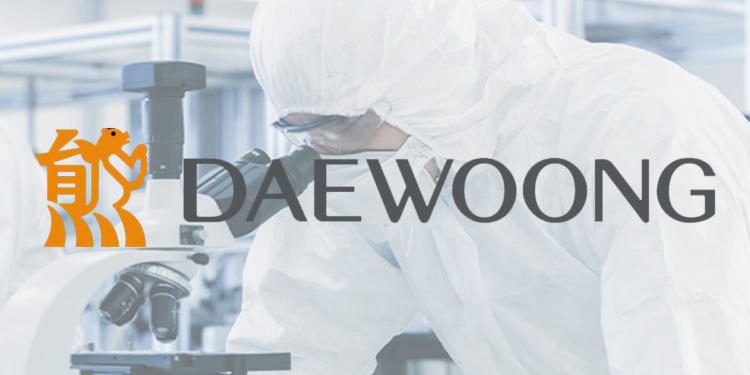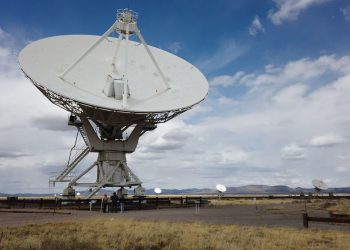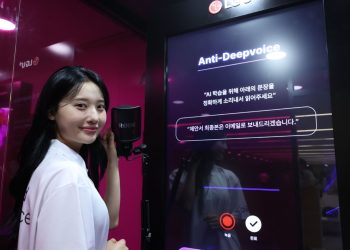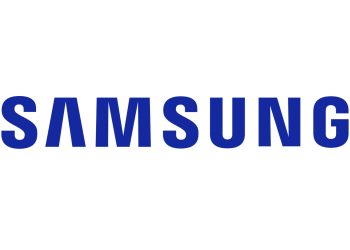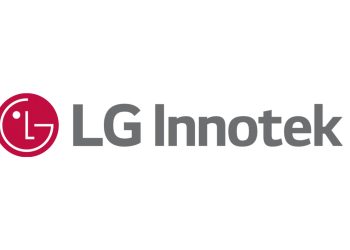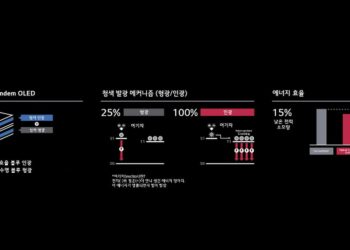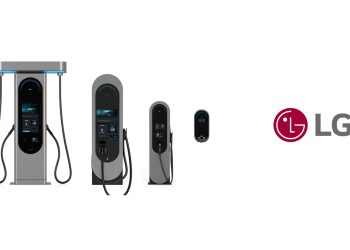Daewoong Pharmaceutical, a South Korean bioengineering company, stated on Monday that it would conduct phase 1 of clinical trials for the COVID-19 respiratory symptom treatment using mesenchymal stem cells in Indonesia.
Jeon Seung-ho, Daewoong CEO, said that the company aims to fast track the development of the drug to make it available in the market as soon as possible.
The Indonesian Health Ministry works closely with Daewoong Infion, the Indonesian arm of Daewoong Pharmaceutical, in researching the efficacy of DWP710 (mesenchymal stem cell) in the treatment of the coronavirus. Daewoong would move to the next phase of testing in South Korea this 2020 if it establishes the potency of DWP710 in phase 1.
Korea’s revised bio law states that health specialists can grant provisional approval for drugs that have completed phase 2 clinical trials to speed up their use in hospitals battling COVID-19.
Mesenchymal stem cells could be classified into a range of cell forms comprising cartilage cells, fat cells, bone cells, and muscle cells which provide marrow adipose tissue. The mesenchymal cells contain a great capacity for cell renewal while sustaining their efficacy and potency.
The mesenchymal stem cells provided anti-inflammatory and antiviral effects in testing animals with the acute respiratory syndrome. Daewoong confirmed these effects with an increased survival rate of 30 percent, and a close to full-recovery of damaged lung tissue in the test group.
The company presented a cell banking system where patients can immediately acquire frozen stem cells stored in hospitals.
Daewoong stated that they achieved progress in the first animal testing using niclosamide (DWRX2003). Niclosamide is a treatment medicine for tapeworms chosen for COVID-19 antibody treatment.
Institut Pasteur Korea, a research institute for infectious diseases, initiated a joint research task with Daewoong Therapeutics to examine the efficacy of niclosamide (DWRX2003). Niclosamide works by starving tapeworms to death.

